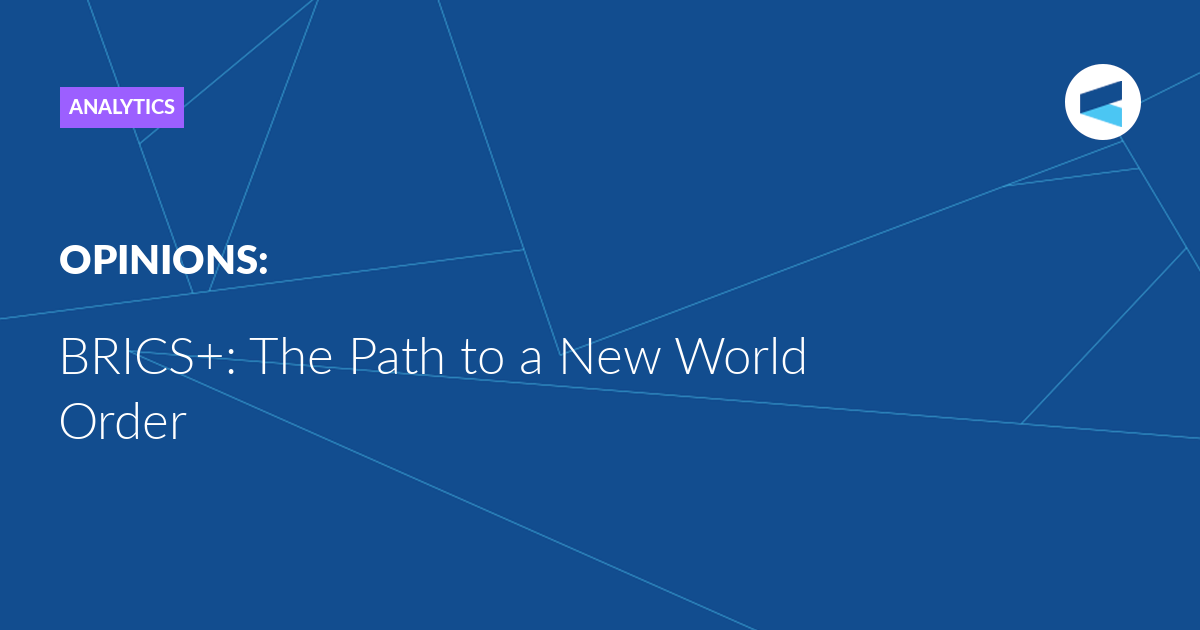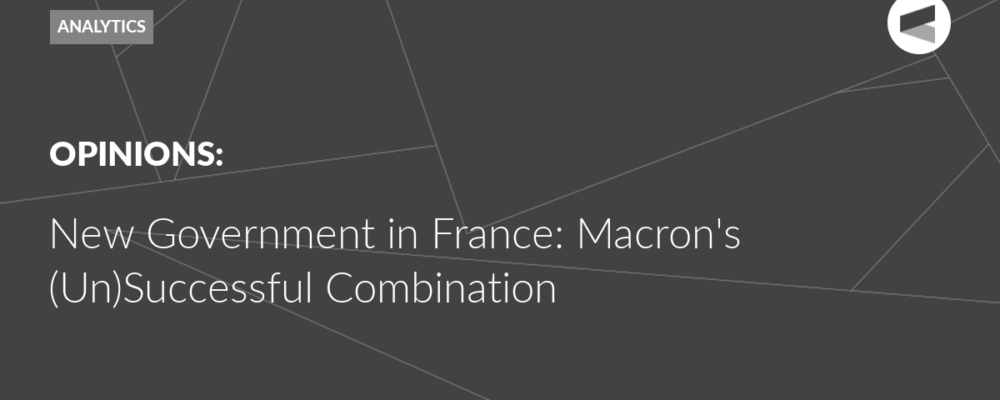By working together, the BRICS+ nations have shown that multipolarity can work, notwithstanding differences amongst them. This has been achieved while those adhering and aligning with unipolar efforts at enforcing homogeneity flounder amid the realities of an international political economy in flux. The global CoVID-19 pandemic and vaccine apartheid showed the world that the current hegemonic forces in world affairs are only interested in their own interests, and that the profitability of their transnational corporations trumped saving people’s lives.
We are at this time also witnessing genocide in praxis as the present government of the United States of America fails to adhere to both General Assembly and Security Council resolutions on conflicts in west Asia and in Palestine in particular. With death tolls expanding and precarity rising, we cannot continue to claim to be United as Nations. Many of the BRICS+ countries are playing a leading role in seeking a sustainable resolution to the catastrophe, or at least halting the devastation.
Some amongst the BRICS+ members have made significant contributions towards reforming, and even transforming some of the institutions of global governance. The current array of institutional apparatuses such as the World Bank, the International Monetary Fund, the World Trade Organisation, and the various agencies of the United Nations have already gained geriatric status as they age beyond the 65-year-old threshold. Notwithstanding continental and regional variations, the median age of the world population is estimated at less than half that age, or approximately 30.7 years old. The median age in Africa is 18.8 years. Addressing this chasm and enabling inter-generational work across the BRICS + countries significantly enhances the possibilities for consolidating multipolarity and enabling pathways towards better futures for all.
To conclude, while it is important to remain critical and forge perspectives which reject that which fails to serve our collective interests, it is also absolutely imperative to consolidate our views about what we actually want from the new world order.
Rather than only being against the collective West, BRICS+ stands to gain significantly from articulating a vision of the new multipolar world order. Realising a better world for all is within the grasp of the BRICS+ and will be constructed through the efforts and initiatives of the people and institutions that constitute the association.
Transcending narrow economics, and intersecting with the wider domains of society, culture, and governance will become increasingly more necessary as the current hegemonic arrangements falter and fail. Our success at the level of our species-being has allowed us to expand beyond 8 billion people. This has most essentially been driven by the deployment of the capacities and capabilities which we have constructed through learning and the intergenerational transmission of knowledge.
BRICS+ must confront all efforts which seek to capture, enclose, and expropriate the global knowledge commons for the exclusive benefit of the few. Learning from and with each other, should prove to be our best strategy for resilience, in both thoughts and deeds: contributing to resolving the various polycrises prevalent in contemporary world systems.
The Valdai Discussion Club was established in 2004. It is named after Lake Valdai, which is located close to Veliky Novgorod, where the Club’s first meeting took place.
Please visit the firm link to site






